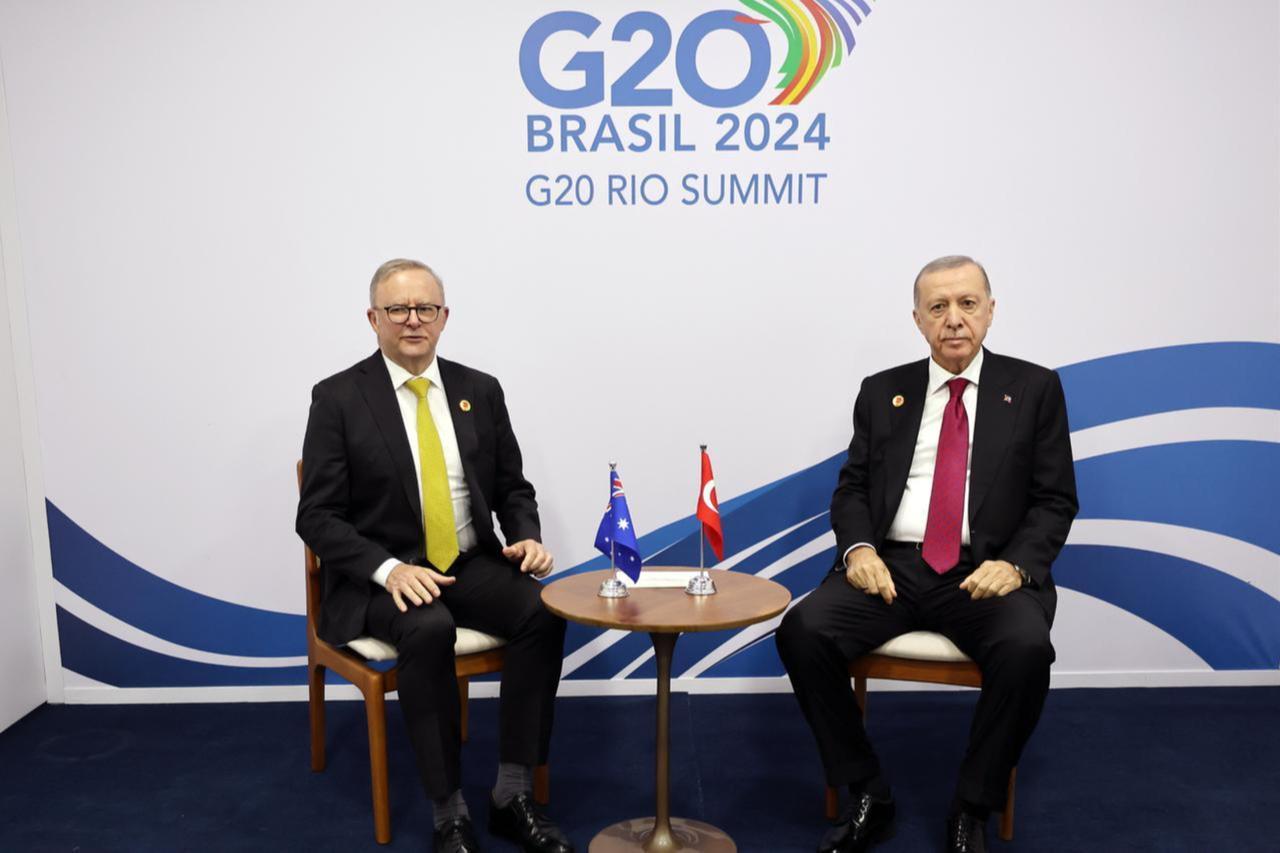
A diplomatic dispute has erupted between Türkiye and Australia over hosting rights for the 2026 United Nations climate summit, threatening a previously negotiated agreement that would have seen the two nations share leadership of the crucial environmental conference.
Turkish diplomatic sources confirmed Sunday that Australian Prime Minister Anthony Albanese sent a letter to President Recep Tayyip Erdogan rejecting key elements of an arrangement the countries had reached during September's UN General Assembly meetings in New York. The two nations had been the sole candidates to host the 31st Conference of the Parties to the UN Framework Convention on Climate Change.

The breakdown centers on a proposed co-chairing model that emerged from what sources described as constructive dialogue between Ankara and Canberra. Under the framework both countries had agreed upon, they would have shared the presidency, divided hosting duties for high-level meetings, and jointly managed negotiation processes throughout the conference.
Australia has now stepped back from those discussions, arguing that UN rules do not provide for a co-chairing arrangement and expressing concern that such a structure could shift COP31's focus away from Pacific island nations particularly vulnerable to rising sea levels and extreme weather events.
Turkish diplomatic circles emphasized that Erdogan's response to Albanese highlighted the co-chairing model as an opportunity to strengthen multilateral cooperation on climate action. Ankara maintains that flexible arrangements developed through good-faith consultation could enhance the summit's success rather than diminish it.
If negotiations fail to produce consensus, Türkiye has signaled its willingness to host the conference and assume the presidency independently. Turkish sources indicated their country envisions COP31 addressing the world's most climate-vulnerable regions broadly rather than concentrating exclusively on any single geographic area, though they noted that dedicated sessions for Pacific concerns could be organized within a broader agenda.
Türkiye's approach frames its candidacy as a global rather than regional initiative, sources said, emphasizing cooperation and inclusiveness over competitive positioning.
Under UNFCCC procedural rules, failure to reach agreement on a host country would result in the conference being held in Bonn, Germany, where the convention's secretariat maintains its headquarters.
The UN Framework Convention on Climate Change, first opened for signature at the 1992 Rio de Janeiro Earth Summit, represents the foundational international treaty addressing global warming and climate disruption. The agreement entered into force in March 1994, establishing the Conference of the Parties as its supreme decision-making body with annual meetings where member nations adopt policies by consensus.
Türkiye acceded to the convention in May 2004, joining more than 190 countries and regional organizations including the European Union as parties to the framework.